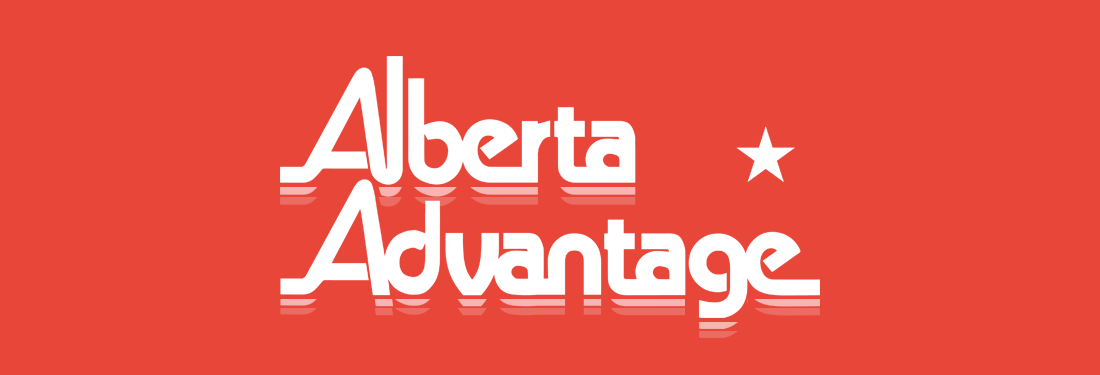We’re back! We have too much shit! No time like a plague to fill thrift stores with our tainted goods so we can get a bunch of plants and post on Instagram that we, like, have sooooo many plants now. Plant dad! Dad to plants! I named this orchid “Sia”, after the singer, Sia. Newsletter time.
“New year, same me” is how you greet 2021. You’d be forgiven for thinking it’s the same year, too. All the problems outside your door – pandemic, scandal, depression (economic and otherwise) – continue apace. It often seems best to shut it all out and, as per public health orders, retreat into the tube.
On January 1, Netflix debuted The Minimalists: Less Is Now, a fitting title for diminished expectations in our current reality. Everything gets a sequel these days, even The Minimalists. Sure, Joshua Fields Millburn and Ryan Nicodemus’s latest offering isn’t one of ten new Star Wars TV series, a superhero team-up, or a Disney live action remake – yet it feels even more superfluous.
The follow-up to 2015’s feature length Minimalism: A Documentary About the Important Things, Less Is Now has been four years in the making with a 53 minute running time. It sits alongside Tidying Up with Marie Kondo and Get Organized with The Home Edit as Netflix suggestions for those ready to declutter their way to a more fulfilling life.
It’s a predictable choice for the new film to retread well-worn narratives rather than truly confront an ever changing and challenging present. Director Matt D'avella transports audiences to Joshua and Ryan’s past as childhood friends and young adults chasing conventional, corporate success. In Dayton, Ohio, both men emerge from family situations marked by neglect, separation, and substance abuse. Their “journeys” into minimalism, blogging, and minor celebrity don’t grate as much as the Hollywood stars on the Home Edit who playact middle income problems. Yet having Joshua and Ryan speaking individually, imploringly to an offside camera makes the documentary feel like a dress rehearsal, or a preview of a live speaking engagement. The magic can only be felt live!
Rounding out Less Is Now are seemingly endless shots of Amazon packages arriving on doorsteps and fresh “expert interviews'' that go from cringey (the religious analogies of Total Money Makover’s Dave Ramsey) to bland (the blunted anti-consumerism of Greenpeace USA’s Annie Leonard). “Everyday minimalists'' appear webcam style to validate the effectiveness of the ethos. There aren’t many practical home organizing or decorating tips, nor is there much to consider in the way of philosophical or sociological ideas.
The clearest question that emerges from all this: why is minimalism still chugging along? After a decade resurgent in cultural life, it’s ceased to be a trend or novelty. With its vague set of practices tying together cleaning, mindfulness, and modernist aesthetics, minimalism is scalable and adaptive, key to its durability. It can be an afternoon’s diversion or a wholly integrated lifestyle.
Spiritual and secular proclamations on simple living are as old as civilization. Leaders and monastics of various faiths, Christian plain people, and 19th century poets and craftspeople are most prone to making these. An early contribution from the self-help world is The Value of Voluntary Simplicity (1936) by Richard B. Gregg, which advises that: “The higher ranges of life where personality has fullest play and is most nearly free from the tyranny of circumstance, are precisely those where it depends least on possessions.”
Small Is Beautiful: A Study of Economics As If People Mattered by E. F. Schumacher (1973) links personal consumption habits to broader economic trends. Schumacher’s philosophy of "enoughness" has a Minimalist vibe, although the conclusions found in the book are more complex than the reductionist assumptions that “small is beautiful” often conveys.
It’s unfortunate that in the 21st century, simple living almost exclusively presents as consumer choices. The typical minimalist cycle/process centers on reducing one’s material possessions. This is perfect for the privileged who can move content to the cloud or replace what’s missing as needed. In a recent Matt D'avella YouTube video, he announces that he’s “selling all his stuff” – again – so that he and his wife can move in with relatives in Australia. Joshua and Ryan’s definition of undesirable “stuff” encompasses the non-functioning garbage given their impoverished families as well as the fancy clothes, watches, and cars they purchased as desk jockeys. To most people, there are some significant differences among these items!
Valid criticisms have been lobbed at minimalism’s vapidness, religious trappings, race and class exclusions, and the severe visual style. More bizarrely, status quo columnists like Margaret Wente take shots at The Minimalist “puritans” for, well, selling books they’ve written.
The criticisms, serious or silly, don’t seem to faze the armies of accolades ready for the next update. So why does anyone believe they should have less, not more, when 1 in 10 Americans live below the poverty line?
Critical pieces in New York-based magazines are strewn with the word “austerity”, but the authors don’t examine how this set of policies becomes commodified itself. Turning to fictionalized entertainment, you see the heroes of Wonder Woman 1984 stuck in a morality fable about how wishes can’t come true unless earned. The film puts the deepest desires of billionaires on the same level playing field as a craving for a cup of coffee. We all must sacrifice so we can all have the chance to strive.
Wonder Woman’s latest adventure is meant to critique 1980s excess, but then as now as always, luxury was experienced by just a few. Authentic Eighties product Wall Street (1987) shows its corporate villain busting unions and more directly bringing about neoliberalism, the hegemonic framework in which economic austerity becomes rational and acceptable.
As we enter year two of the pandemic crisis, the language of less is everywhere. Sacrifices are made with gestures towards togetherness, even if our elites seem to have drifted further than ever from responsibility. The only tools ordinary people seem to have at their disposal are those of the self. Refine through minimalism, replenish through self-care. Yet everyone is at the mercy of a system whittled down to near-ineffectiveness, as crisis reveals.
In minimalism, people see an incomplete truth, since a more fulfilling life for themselves and their own is about as far ahead as they can imagine. The Minimalists’ upcoming book, Love People Not Things, is the sort of almost-there sentiment that will likely posit – but not define – “community” as An Important Thing.
In Small Is Beautiful, E. F. Schumacher offers advice directly to socialists – of all people! They should “insist on using the nationalised industries not simply to out-capitalise the capitalists … but to evolve a more democratic and dignified system of industrial administration, a more humane employment of machinery, and a more intelligent utilization of the fruits of human ingenuity and effort.” This is a better use of anyone’s time than selling all your stuff.
-Karen, Team Advantage
👨🎨A Calgary man got to storm the U.S. Capitol the other day. Anti-Racist Canada, of course, has a biography on the man. Watch out for him.
🧖♂️Healthcare workers are starting to die because of the botched UCP response to COVID-19. Obvious measures like inoculating COVID ward workers are either not happening or taking forever.
👙COVID and its new variants are burning through classrooms so naturally Alberta students are going back to class, baby!
👩🏻🚀The IMF and World Bank kneecapped our ability to fight pandemics.
💆🏻♀️Canadian journalism is a nepotistic Ponzi scheme. Sorry.
🐕A much needed hunger strike in a Saskatchewan prison.
🍟Mugrimm read a stupid book and summarized it in a thread with a punchline for the ages.
🍪The governor of Puerto Rico was a shithead and his constituents kicked his ass out of his seat.
🥈Disinformation in Colombia - a case study.
🚁Fighting against COVID evictions in Toronto.
📉I went on Big Shiny Takes to talk about chess and being roommates with a Conservative pundit. Odd couple!
🎧Tech Won’t Save Us talks about how Silicon Valley makes mindless consumerism too quick and too easy.
🔇The Off Court Podcast has launched! Get your sports and balls and hikes and crickets here!
🎚️You couldn’t see grandma before she passed but a thousand government bigwigs decided they were good to vacation in tropical locales because fuck you. Progress Report breaks down Alberta douchebags who took wing.








I always figured minimalism was a response to the perpetual keeping up with the Joneses of modern life. Capitalism makes you anxious about not having enough/the right stuff, when that anxiety becomes overwhelming you’re sold salvation in a lack of stuff ($29.95 in hardcover, don’t forget to store what brings you joy in these Marie Kondo-branded containers!) TL;DR there’s no ethical refusal of consumerism under capitalism. :)